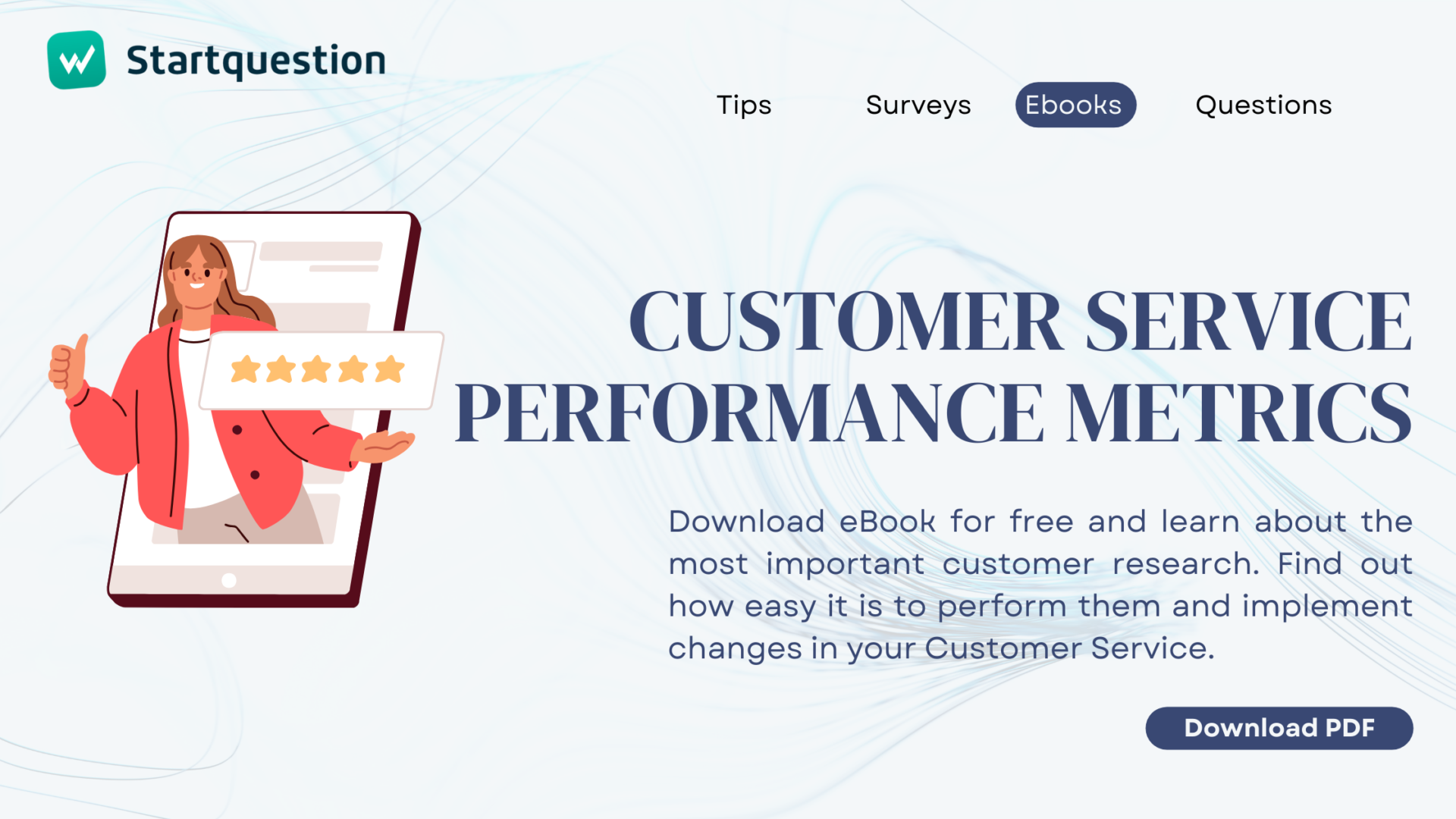We learn best from our mistakes. That’s obvious but you need to spot those mistakes errors first. In a company where the general image covers many factors, it’s not as simple as it may seem. Even if you are conducting customer satisfaction surveys and you ask your employees for their opinion, you don’t always get honest, objective answers. And this is where a new opportunity comes – a mystery shopper.
What’s the mystery for?
The mystery shopper’s task is to impersonate a customer of a specific company. The more “average” he/she is, the better – he/she has to blend in with the surroundings and do exactly the same as every person who buys products and uses the services of a given shop or facility. That is why it is so important to keep his/her work secret. The company’s employee, head and even other customers being aware about the mystery shopper’s real role would certainly distort the meaning and affect the result of the study.
Mystery shopper – only in supermarkets and large corporations?
Not at all – this research method is gaining more and more popularity. And this happens in various industries. It arouses the interest of not only corporations or private companies – the mystery shopper may appear in your city hall or university. The term mystery shopper appeared in the 1940s – their task was to test the level of integration in the team. As you can see, their role has changed significantly over the course of these 80 years.
What’s more, the demand for mystery shopping research has been growing – especially among physical shops. Why? Because they are well aware of the fact that stores that will not meet the buyers’ expectations (they will not be modern, comfortable and have short queues) can easily lose a buyer to those offering online sales.
Reports indicate that hiring a mystery shopper can increase company profits by as much as 8%. If the respondent knows that he/she will be “tested” by such a “spy” from time to time, the profits may increase by up to 11%. (source: https://www.surveypolice.com/blog/the-secret-to-becoming-a-mystery-shopper/ )
What information can mystery shopping research provide?
Important information. The mystery shopper will have direct contact with employees, use the services, visit the shop, so he/she can provide the following information:
- quality of customer service,
- the recruitment process for various positions,
- evaluation of the offer – small product range, too many products, inadequate,
- marketing,
- employees’ approach to the customer’s needs or wishes – was he/she helpful, smiling, etc.
A good selection of messages received from the mystery shopper and correct conclusions are as important as the actual research. Learn how to make a readable survey report.
Much is expected from mystery shoppers. This mainly includes careful recording of information and feelings about the company. It is worth limiting the collection of data by these people to filling in a questionnaire – then you can be sure that they will not omit any sphere of the company’s activity, and the purpose of the survey will be fulfilled.
A survey is an excellent tool for customer satisfaction research. It does not take much time, and the questions can be easily adapted to the profile and individual characteristics of the company. A correct mystery shopper questionnaire should therefore be:
- legible and understandable for the tester,
- detailed – ask for specifics,
- aimed at achieving the research objective (e.g. the level of personal culture of the service department),
- examining experience in a holistic manner,
- allowing to draw conclusions quickly (yes/no questions, multiple-choice questions; open-ended questions only elaborating on the answers).
Examples of good questions for mystery shopping surveys:
- Did an employee offer you help within 30 seconds of entering the shop?
- Was the shop clean – clothes hanging properly, clean floor, order on shelves, no rubbish? (yes/no, if no: ….),
- Are there any obstacles in the corridors and alleys that make it difficult to move around the shop – cables, boxes and carts with goods, pallets, cardboard boxes, rubbish, etc.
- Were you offered a promotional product at checkout?
- Did the employee at the checkout say hello and wish you a nice day?
- What was the number of open and closed cash registers?
- How many people were in the queue before you? Did you have to wait more than 3 minutes?
- After asking for help in finding the product, the employee was able to indicate its location (yes/no).
- Were the products from the promotional offer distinguished by a different colour or had a special marking?
- Do you have any concerns about any element of customer service? If so, what are they?
- How likely is it that you will recommend the shop’s promotional offer that the staff members have presented?
- How likely is it that you, as a customer, will recommend X to your friends?
Is it worth researching customers with the mystery shopper?
It depends on you, but remember – a person satisfied with the service will tell 3-5 people about their experience, while when dissatisfied, they will tell 8-10 people about the bad experience!
By investing in the survey, you can be sure that you will achieve your goal – conduct satisfaction surveys using ready-made templates available on the Startquestion platform. This is a guarantee not only of efficient research because thanks to excellent analytical modules, you will easily receive clear conclusions and implement changes.




